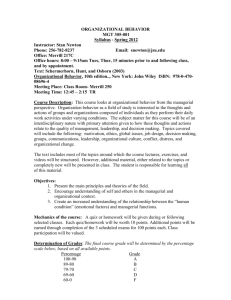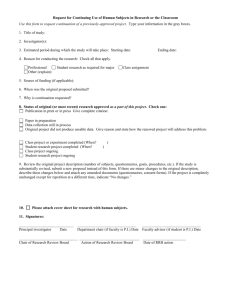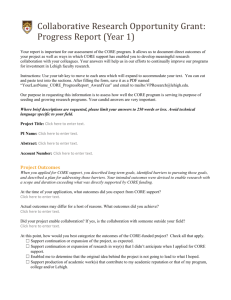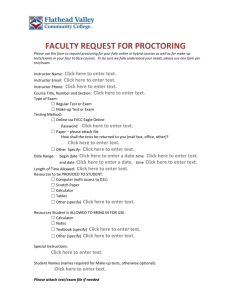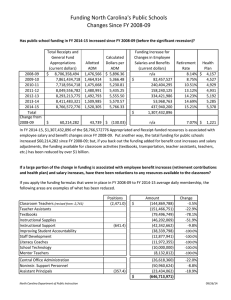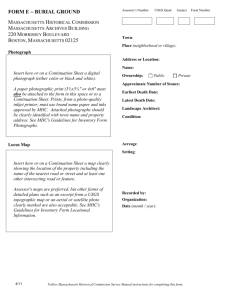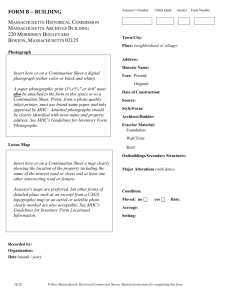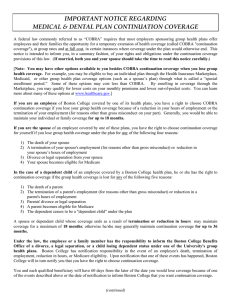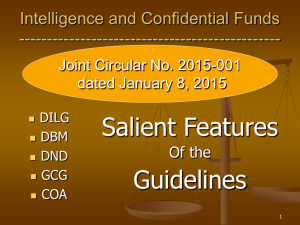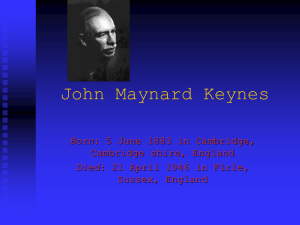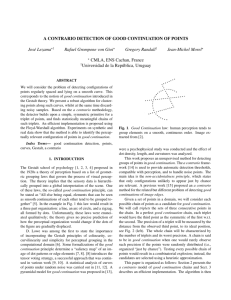ECON 2010-012 Syllabus-Fall 2014
advertisement
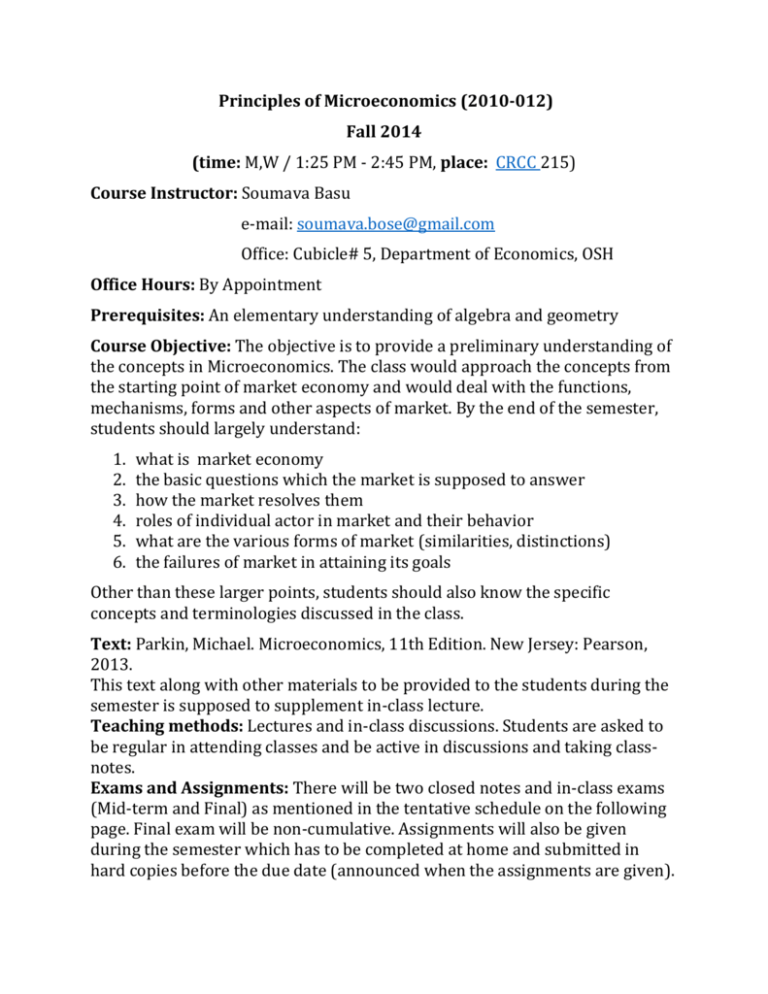
Principles of Microeconomics (2010-012) Fall 2014 (time: M,W / 1:25 PM - 2:45 PM, place: CRCC 215) Course Instructor: Soumava Basu e-mail: soumava.bose@gmail.com Office: Cubicle# 5, Department of Economics, OSH Office Hours: By Appointment Prerequisites: An elementary understanding of algebra and geometry Course Objective: The objective is to provide a preliminary understanding of the concepts in Microeconomics. The class would approach the concepts from the starting point of market economy and would deal with the functions, mechanisms, forms and other aspects of market. By the end of the semester, students should largely understand: 1. 2. 3. 4. 5. 6. what is market economy the basic questions which the market is supposed to answer how the market resolves them roles of individual actor in market and their behavior what are the various forms of market (similarities, distinctions) the failures of market in attaining its goals Other than these larger points, students should also know the specific concepts and terminologies discussed in the class. Text: Parkin, Michael. Microeconomics, 11th Edition. New Jersey: Pearson, 2013. This text along with other materials to be provided to the students during the semester is supposed to supplement in-class lecture. Teaching methods: Lectures and in-class discussions. Students are asked to be regular in attending classes and be active in discussions and taking classnotes. Exams and Assignments: There will be two closed notes and in-class exams (Mid-term and Final) as mentioned in the tentative schedule on the following page. Final exam will be non-cumulative. Assignments will also be given during the semester which has to be completed at home and submitted in hard copies before the due date (announced when the assignments are given). Make-up Policy: There will be no make-up exams except in extreme cases. In such cases, appropriate documentation must be presented and the make-up exam time must be arranged with the instructor. Grading: Final Exam- 35% Mid-term Exam- 35% Assignments- 20% Class engagement- 10% Tentative Schedule: Week 1: The introduction (Largely chapter 1 and 2) Week 2 & 3: Demand, Supply, Equilibrium and Elasticity Week 4: Continuation of previous week; planning forward Week 5: Roles of individuals in market; Consumer or Households’ choice Week 6: Continuation of previous week; Firms and Production Week 7: Continuation of the previous week; (In-class Midterm Exam: 8th October) Fall Break (12th October to 19th October) Week 8: Continuation of previous week; Perfect competition Week 9: Continuation of previous week; Monopoly Week 10: Continuation of previous week; Monopolistic competition Week 11: Continuation of previous week; Oligopoly Week 12: Continuation of previous week; Public goods Week 13: Continuation of previous week; Externality Week 14: Continuation of previous week; Markets for factors of production Week 15: Make-up unfinished sections, Review and conclusion (In-class Final Exam: 17th December) Note: This syllabus is not a binding legal contract. The instructor may modify it when the student is given reasonable notice of the modification. All changes will be announced in class and on Canvas University policies: Academic (Dis)Honesty. Academic dishonesty of any kind is a serious offense, which undermines both the reputation and quality of the degrees issued by the University of Utah. Plagiarism of any kind, intentional and/or unintentional, will result in strict sanctions against the student per university policy. Please meet with me immediately if you are unclear as to what constitutes plagiarism. The University Code: Section V. A. Students must adhere to generally accepted standards of academic honesty, including but not limited to, refraining from cheating, plagiarizing, research misconduct, misrepresenting one’s work, and/or inappropriately collaborating. Section V. B. A student who engages in academic misconduct … may be subject to academic sanctions including but not limited to a grade reduction, failing grade, probation, suspension, or dismissal from the program or the University, or revocation of the student’s degree or certificate. Statement on Equal Access: The University of Utah seeks to provide equal access to its programs, services and activities for people with disabilities. If you will need accommodations in the class, reasonable prior notice needs to be given to the Center for Disability Services (CDS), 162 Olpin Union Building, 581-5020 (V/TDD). CDS will work with you and the instructor to make arrangements for accommodations. All information in this course can be made available in alternative format with prior notification to the Center for Disability Services. (www.hr.utah.edu/oeo/ada/guide/faculty/)
